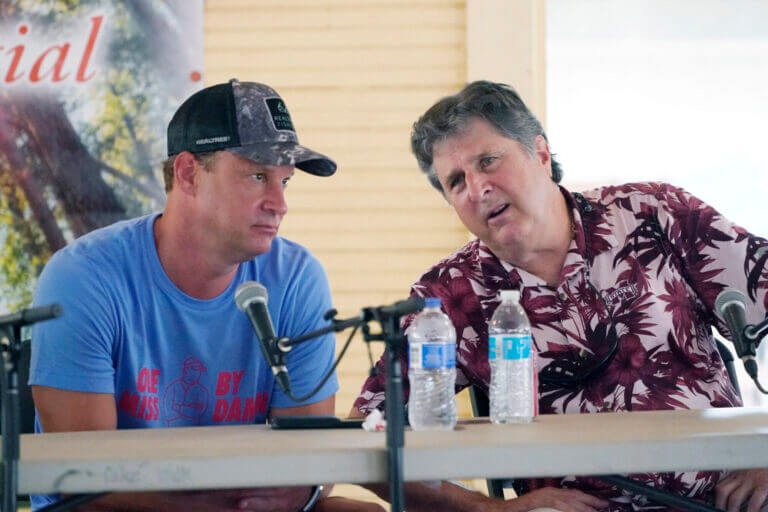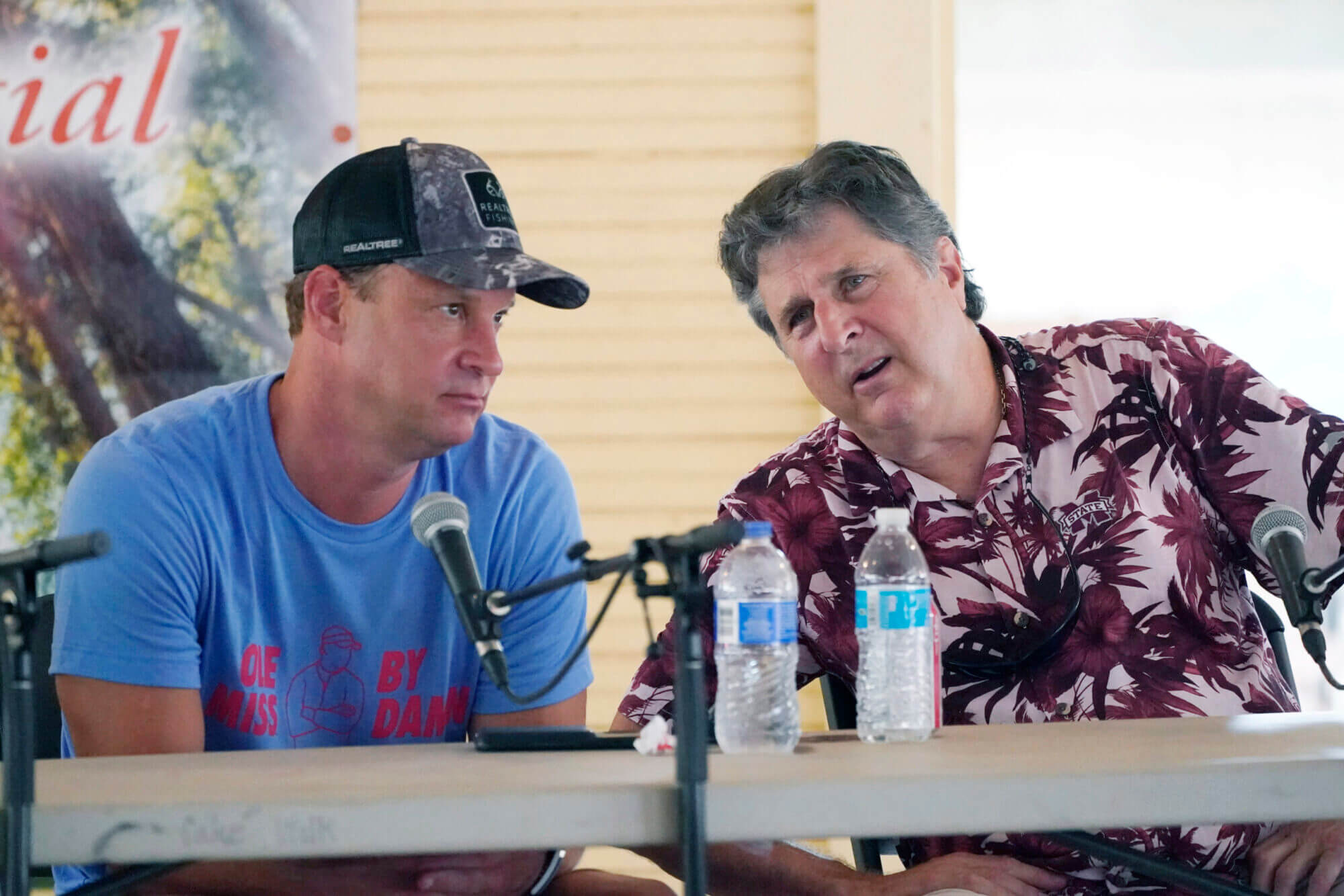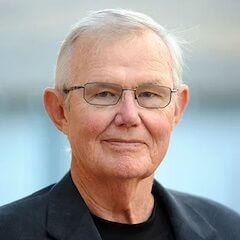


The Washington State Cougars are flying more than 2,000 miles across the continent to play Ole Miss Saturday for what will be the Rebels’ homecoming game. That’s a long, long way to travel for what appears to be a gross mismatch.
Ole Miss is a 32.5-point favorite, and that’s far and away the largest point spread in college football this week. Still, it would not surprise this writer if the Rebels were to cover that spread by halftime. This is a Washington State team that lost 59-10 to North Texas State. This is an explosive Ole Miss team, ranked No. 4 in the land, that can score points quickly.

But that’s not the point of this column. If Washington State-Ole Miss seems like a weird matchup, well, that’s because it is. It is also a sign of the times in what has become an increasingly strange world of college athletics, which is my point.
This game was scheduled last October in an emergency situation for both schools. Ole Miss had to find a game because Wake Forest reneged on a return match with Ole Miss after the Rebels beat the Deacons 40-6 last September. (If you can’t compete with ‘em, drop ‘em, I suppose.) Meanwhile, Washington State was in the midst of needing to almost totally rebuild its schedule after the Pac-12 Conference disintegrated. In fact, even after scheduling the Rebels, Washington State still needed five more games to complete its 12-game 2025 schedule. That’s why the Cougars are playing an eclectic schedule that includes games against such unnatural rivals and strange bedfellows as James Madison, Louisiana Tech, Toledo and Virginia – and two games in one month against Oregon State, the only other Pac-12 rival remaining after the league’s mass exodus.
Really, what happened to the once-proud Pac-12 is just nuts. Washington, Oregon, Southern Cal and UCLA left for the Big Ten, which has become, in actuality, the Big Eighteen. Arizona, Arizona State and Colorado scrambled into the Big 12 (which now has 16 teams). And Stanford, located as it has always been in Palo Alto, California, is now a member of the Atlantic Coast Conference, as strange as that sounds. That really is nuts.
So, Southern Cal and UCLA now play conference games three time zones away in Piscataway, New Jersey, and College Park, Maryland. That’s not just for football, mind you. That’s all sports. College athletes will spend nearly as much time in jets as they do in classrooms. This week, Stanford’s volleyball team will play conference games at Boston College and Syracuse, then fly back across the continent to play conference games against Miami and Florida State. Nuts, I tell you.
Ole Miss coach Lane Kiffin, who once coached in the Pac-12 at Southern Cal, laments the demise of that league.
“I think the whole thing’s sad, the whole conference alignments and especially that one,” Kiffin said at a press conference this week. “There’s so much history with UCLA and USC and that conference in the Pac-8 and then 10 and then 12, and now they’re flying all over the country and teams flying out there and these weird kickoff times, and I understand it. All these decisions made by conferences and schools are always about money. I get it. It is what it is. It’s just, I don’t think it’s good outside of the money. I think it’s bad for the kids and their travel and their school and rivalries and fans, especially that conference where everybody’s way over there and it’s just the whole thing’s sad.”
And nuts, he might have added.
Because of his time in the Pac-12, Kiffin does have much more familiarity with Washington State than most Mississippians. His USC teams faced the Cougars twice, winning 50-16 on the road against a Washington State team coached by Paul Wulff in 2010 and losing at home 10-7 in 2013 to a Mike Leach-coached Cougars team. Kiffin’s memories of that 2013 game aren’t likely pleasant. The loss came in the Trojans’ home opener at the Los Angeles Coliseum and ended with boos raining down on Kiffin. USC fired Kiffin three weeks later.
To say Kiffin has turned his career around in the dozen years since is an understatement of immense proportions. To say Washington State’s fortunes have diminished over that same time period is a similar understatement.
To say college sports have gone haywire over that same 12 years is perhaps the biggest understatement of all. By the way, Ole Miss comes out pretty swell financially from all this. Wake Forest had to pay Ole Miss $700,000 to cancel the game. Ole Miss only had to pay Washington State $400,000 to come to Oxford. That’s a net profit of $300,000. In today’s crazy world of college sports 300K will get you, at the least, a pretty decent linebacker.
- State fire marshal is investigating troubled Unit 29 at Parchman prison - February 26, 2026
- Mississippi’s Winter Storm Fern losses exceed $107 million, state insurance department says - February 26, 2026
- DNA evidence linked to a Greenville homicide is missing. Now the finger-pointing begins - February 26, 2026